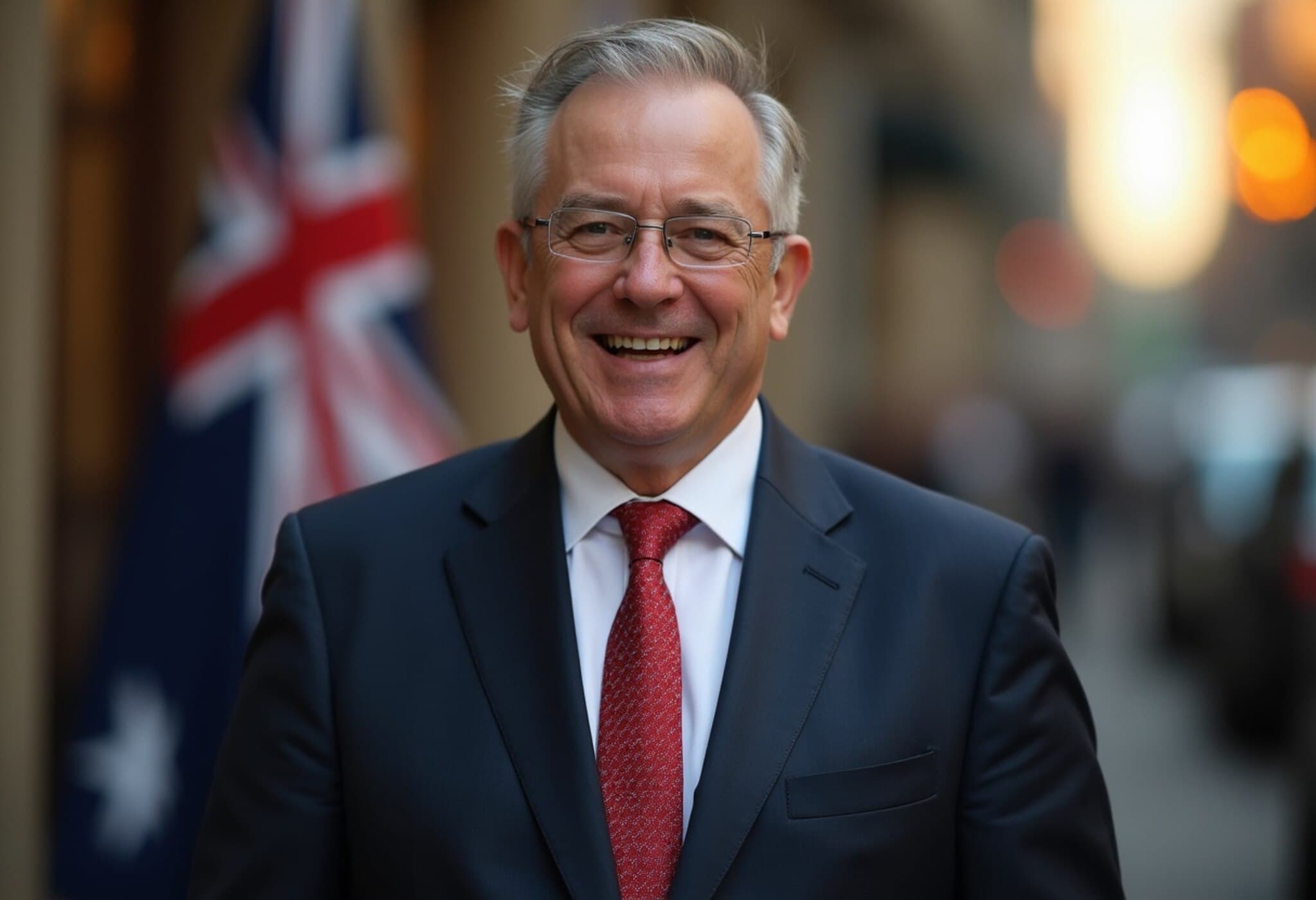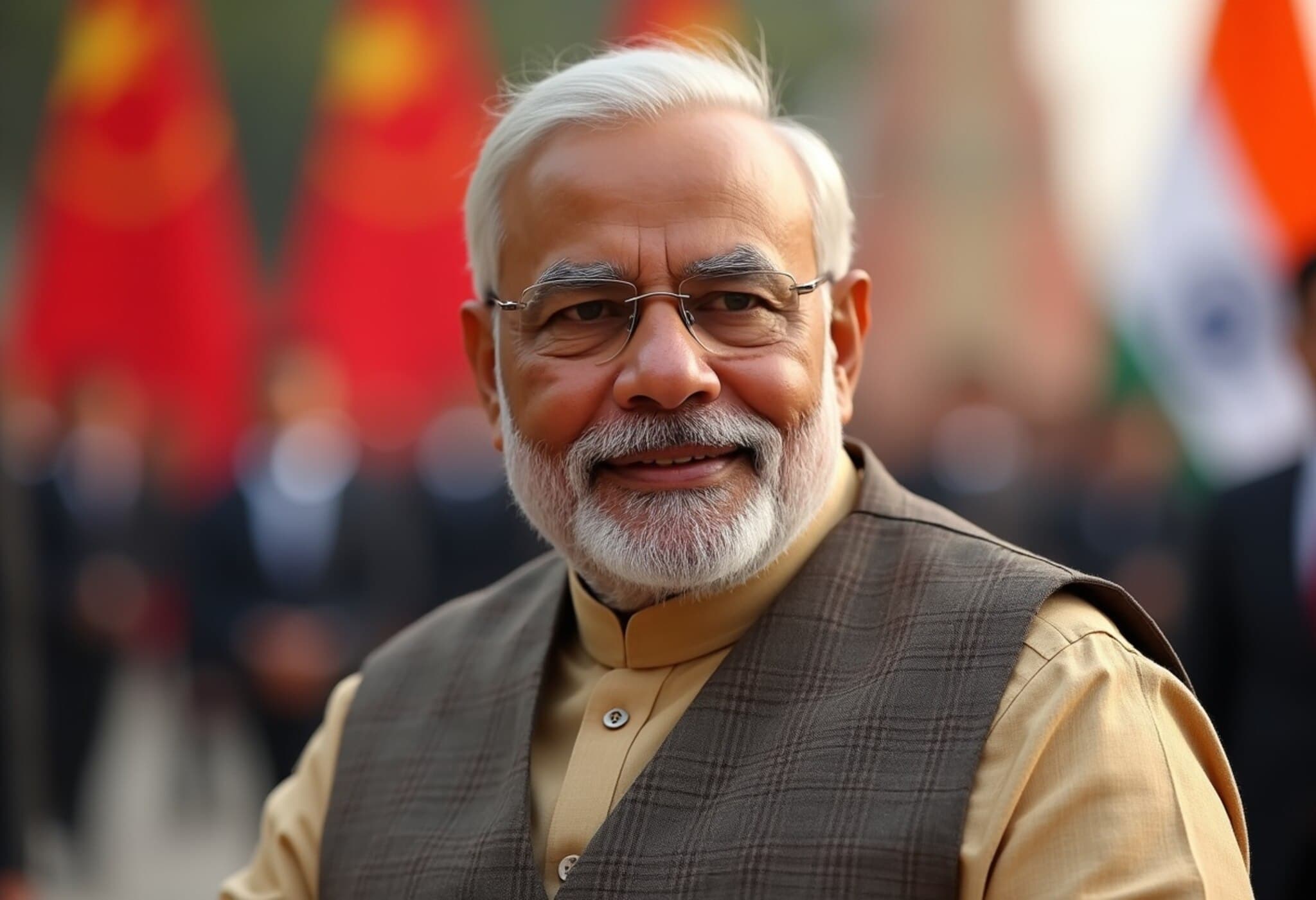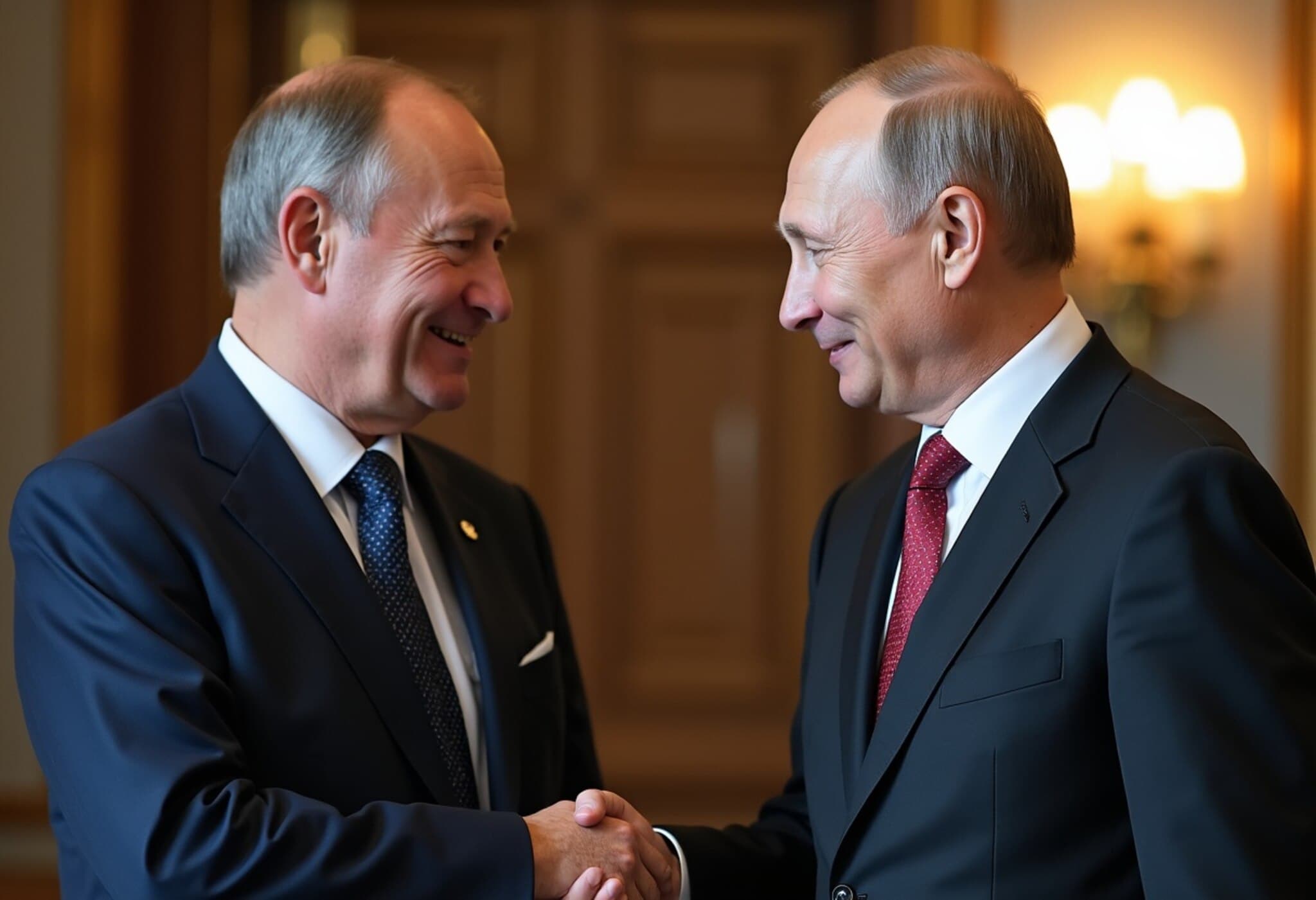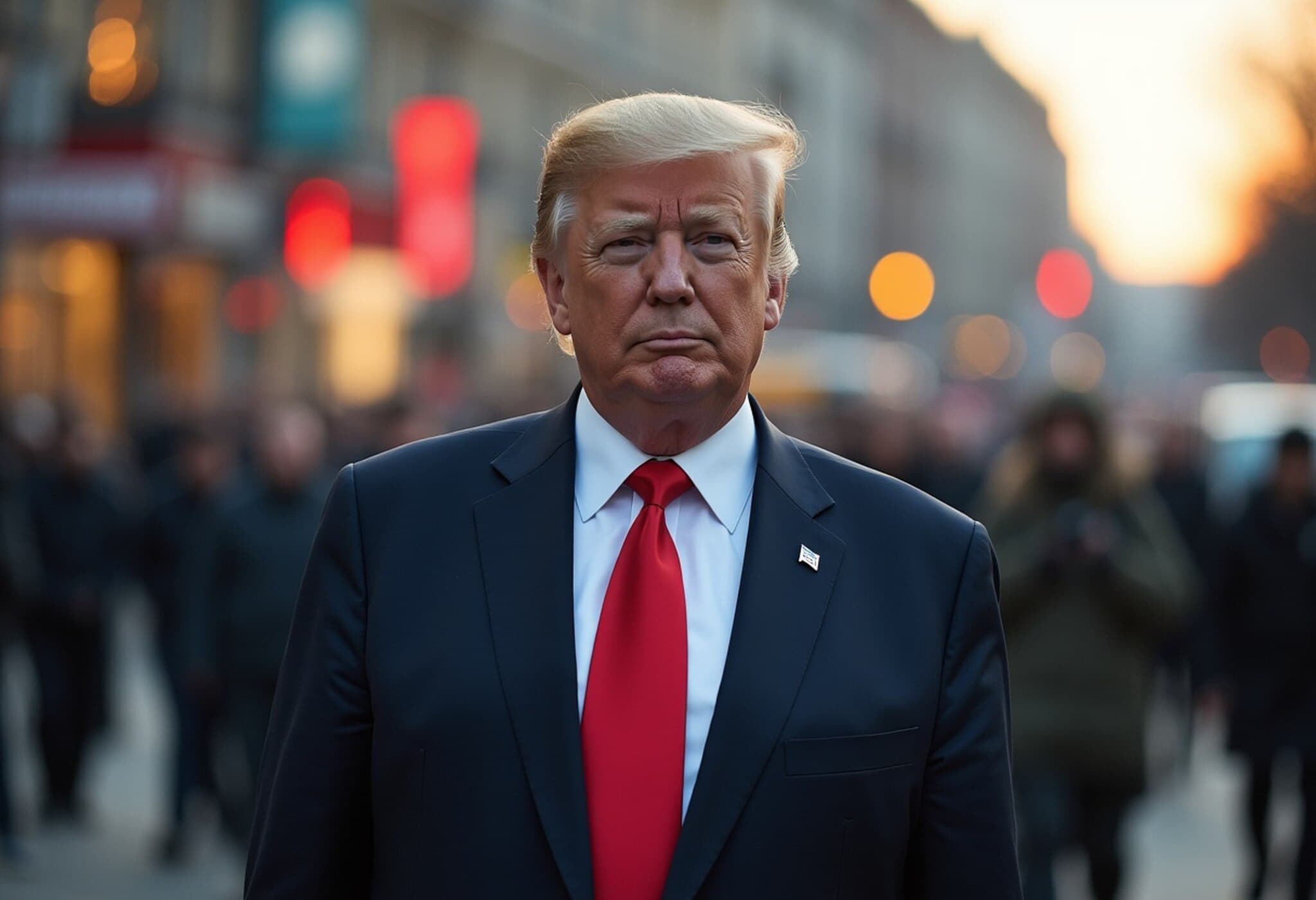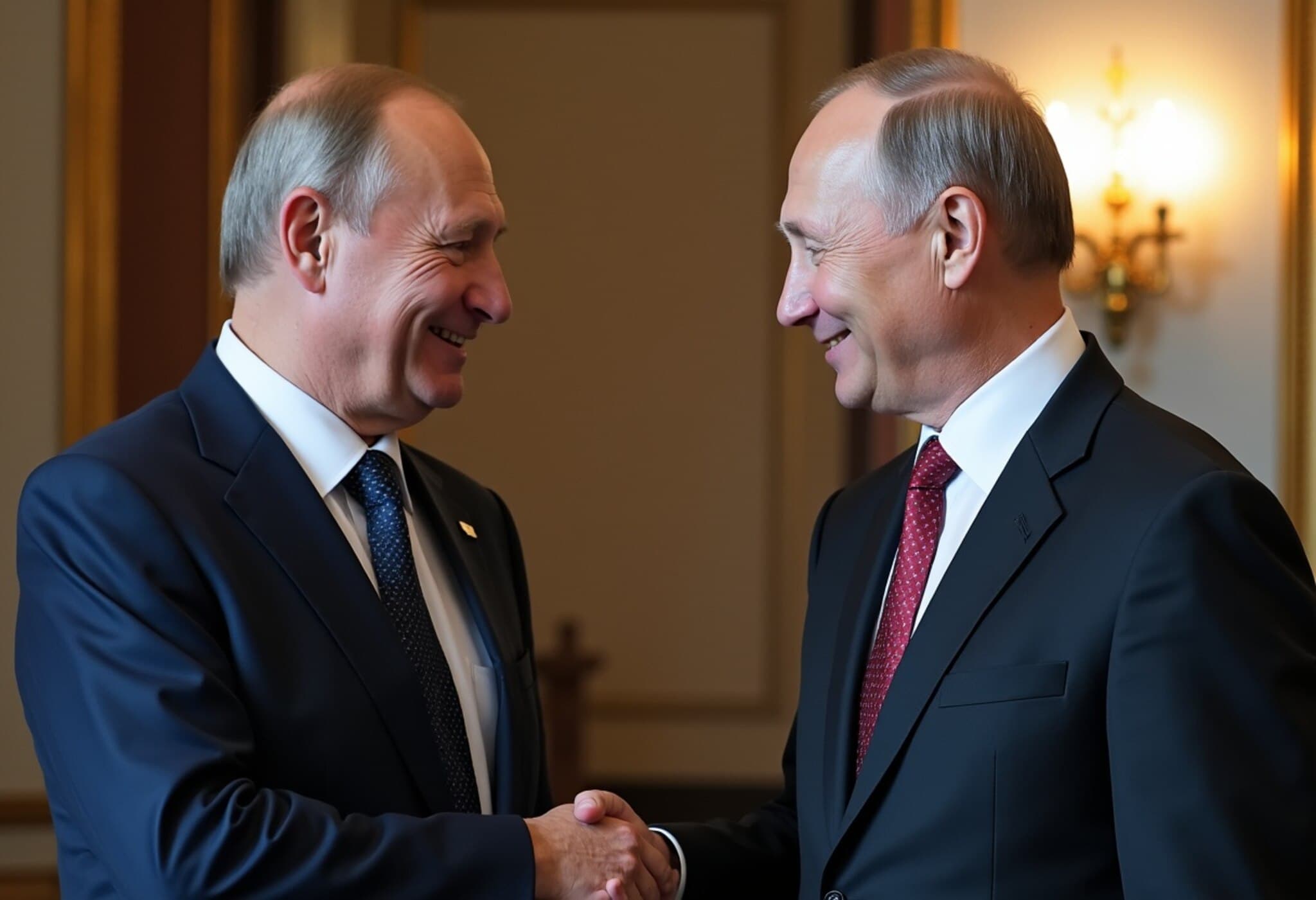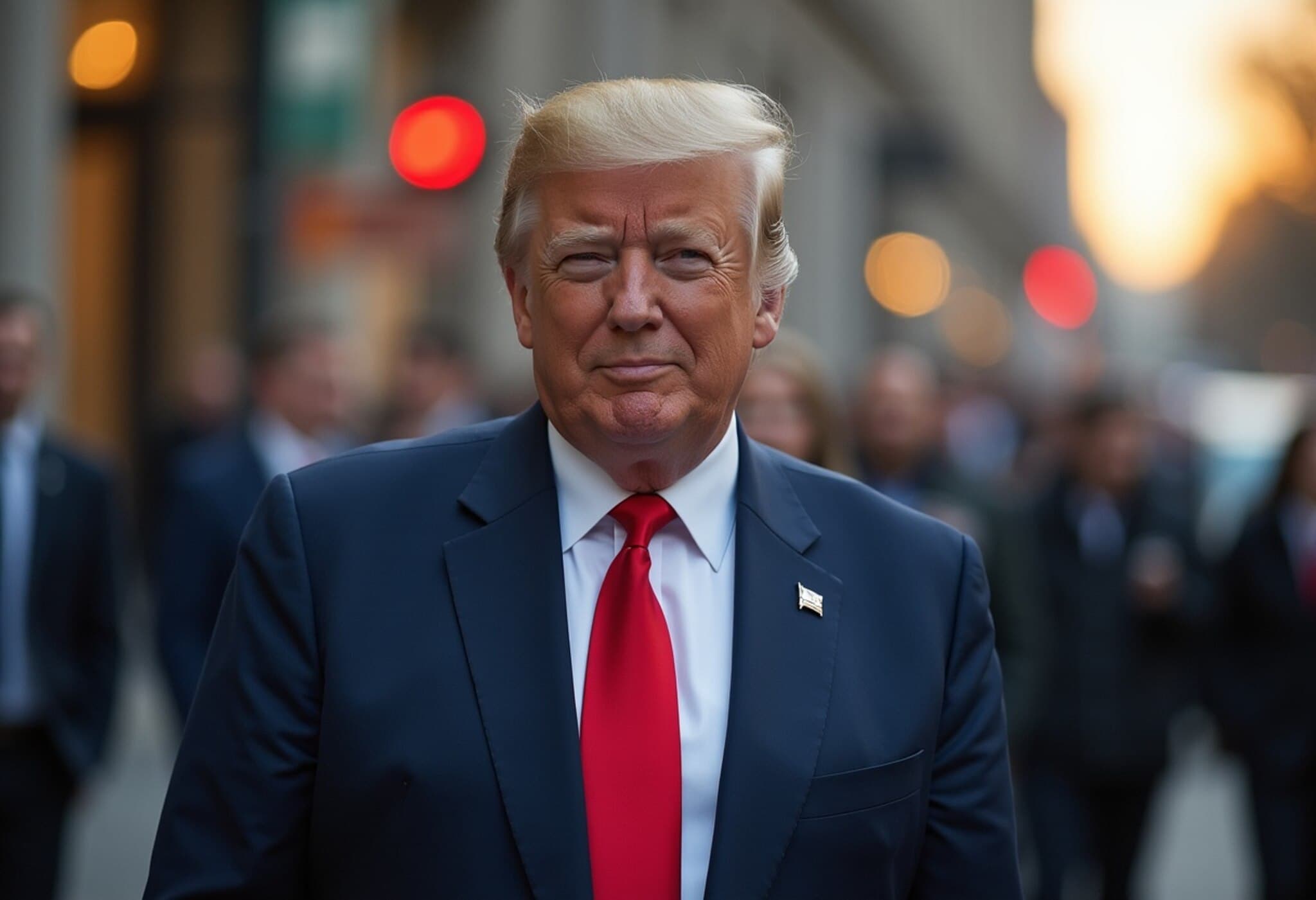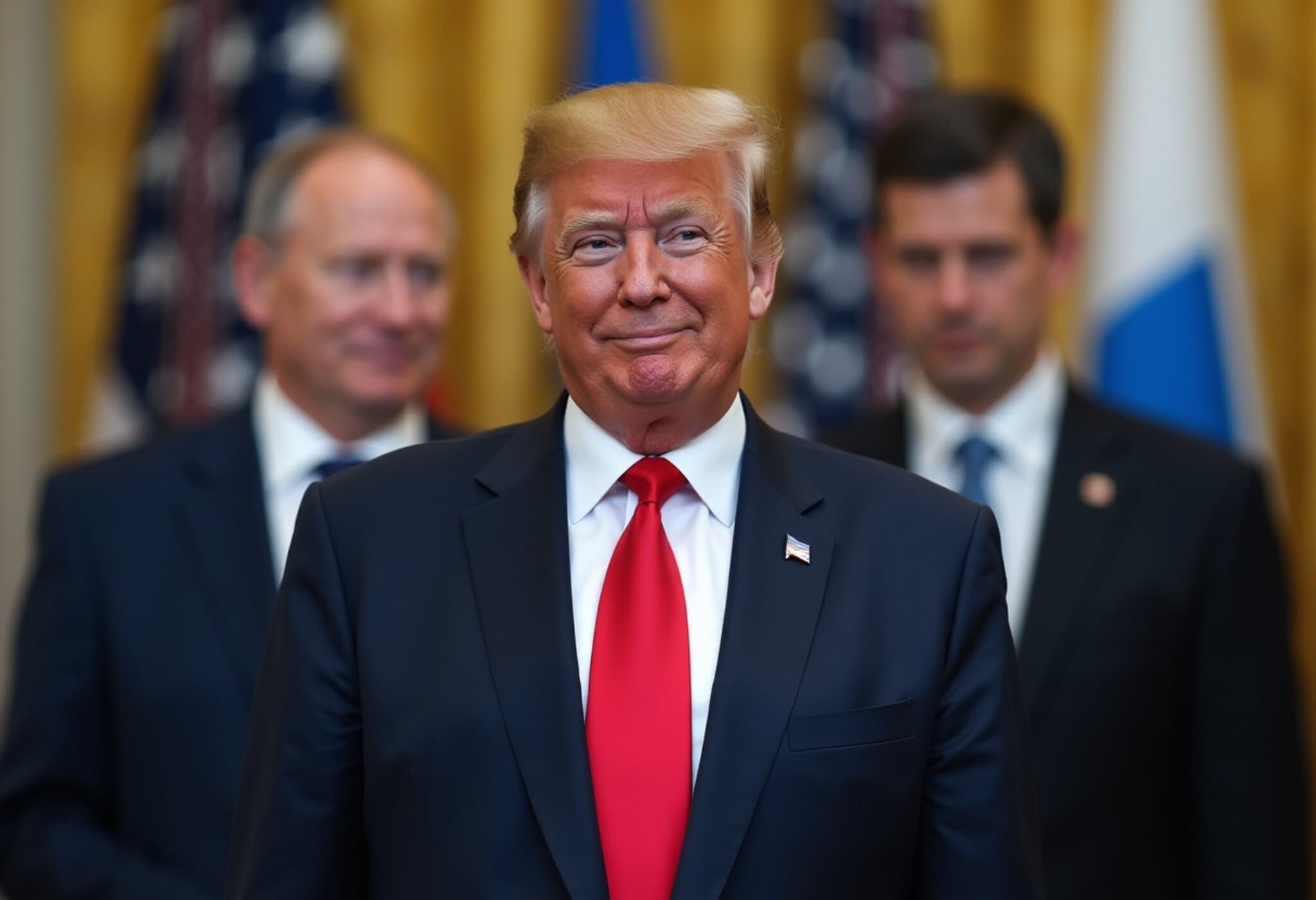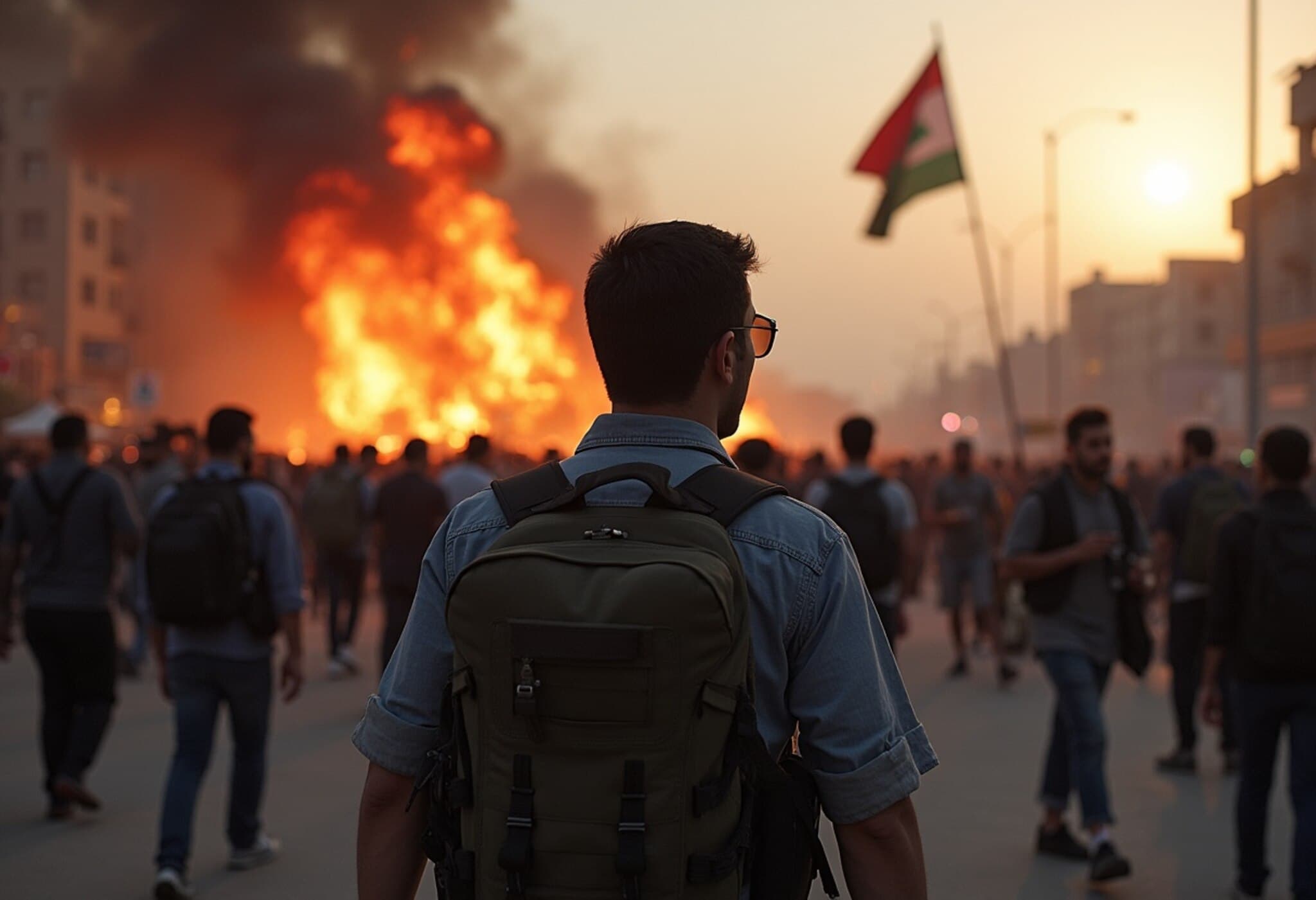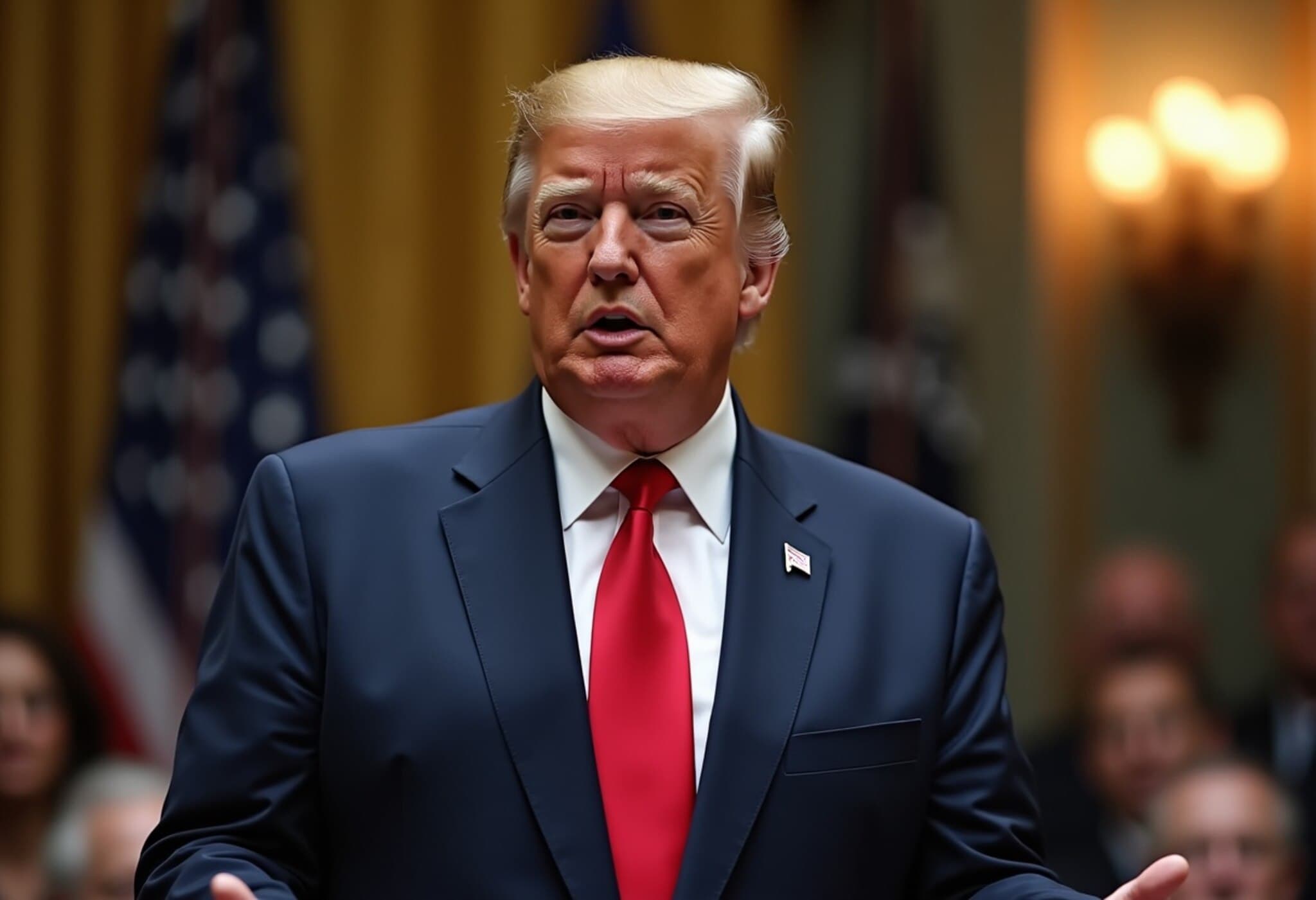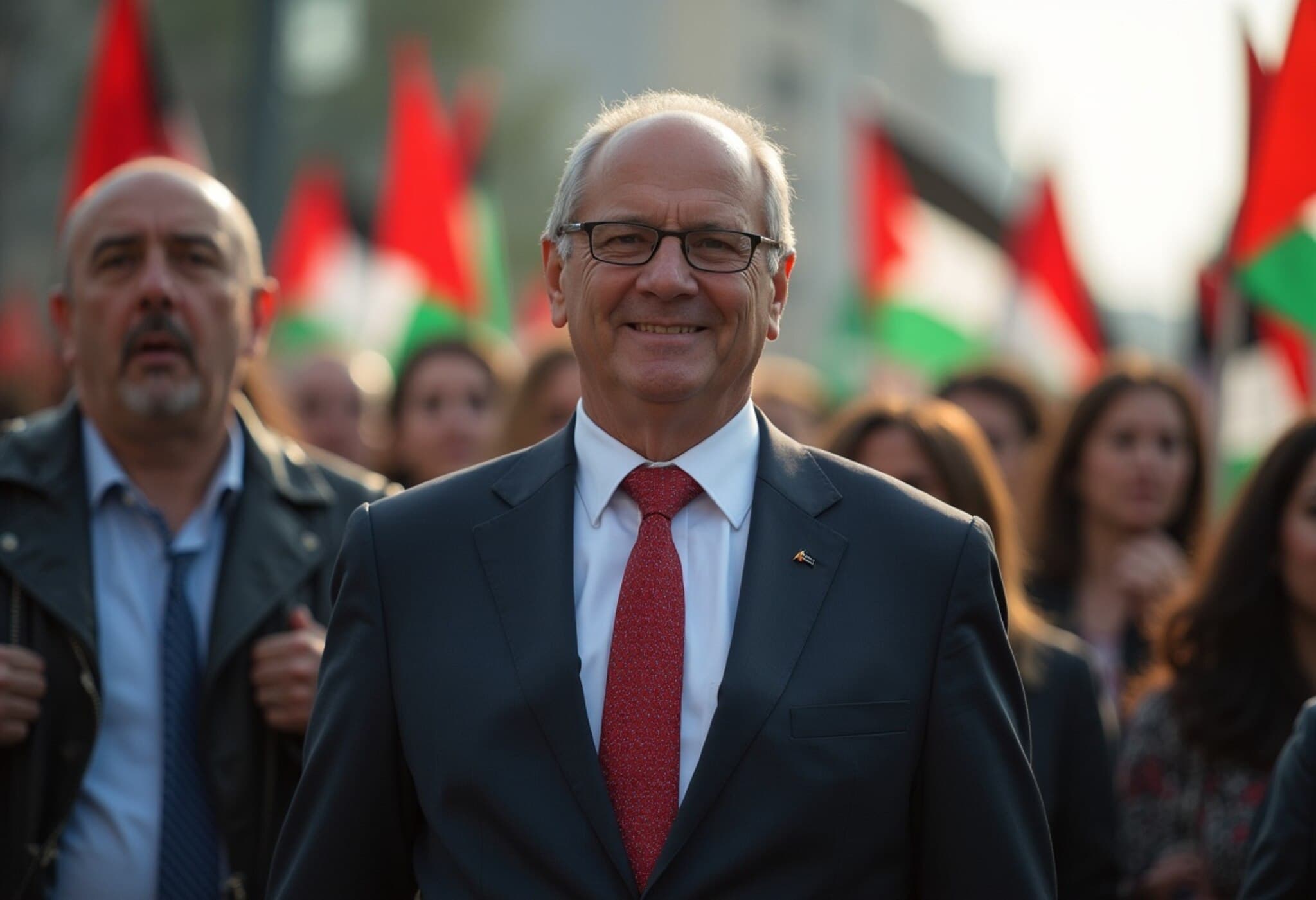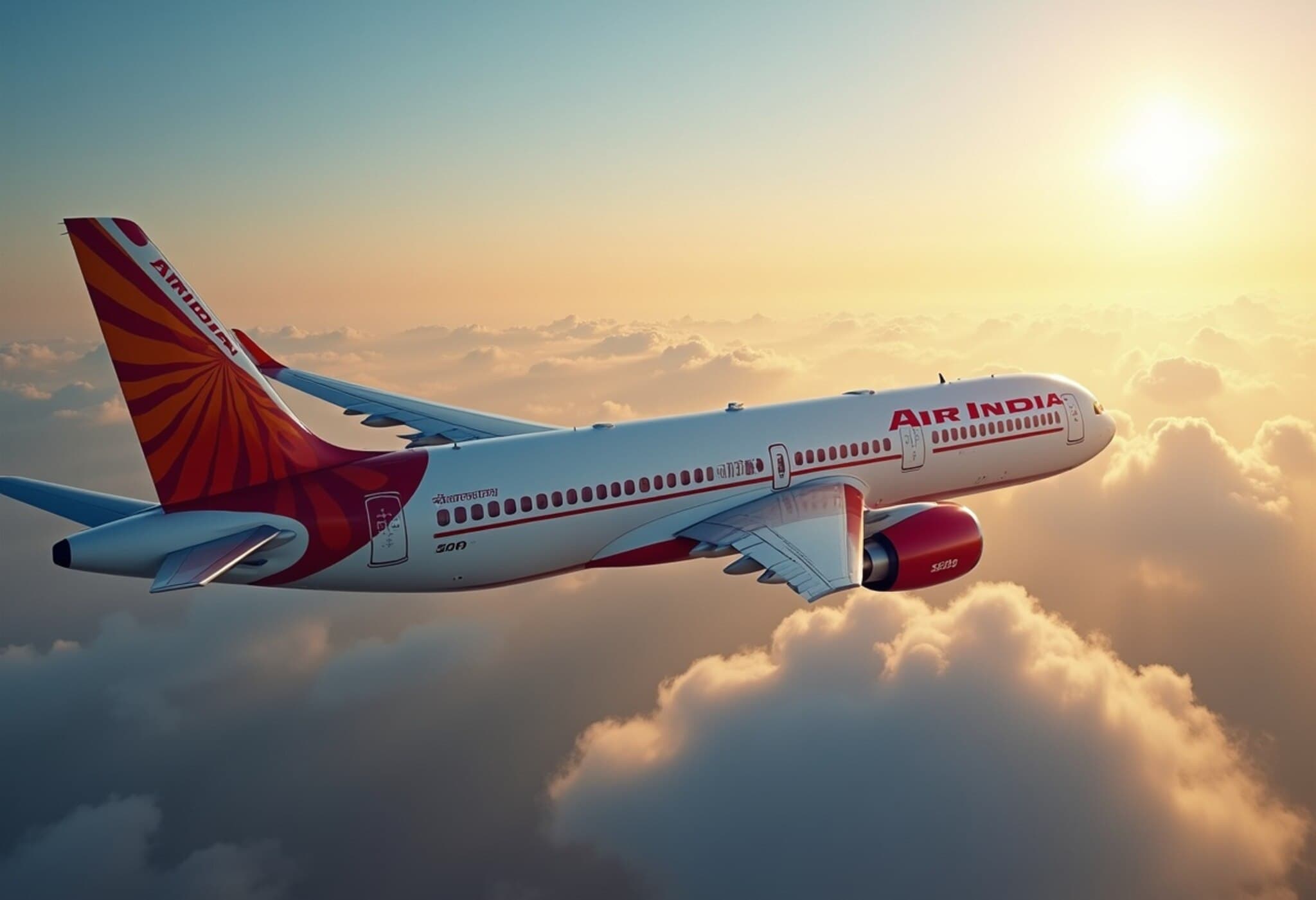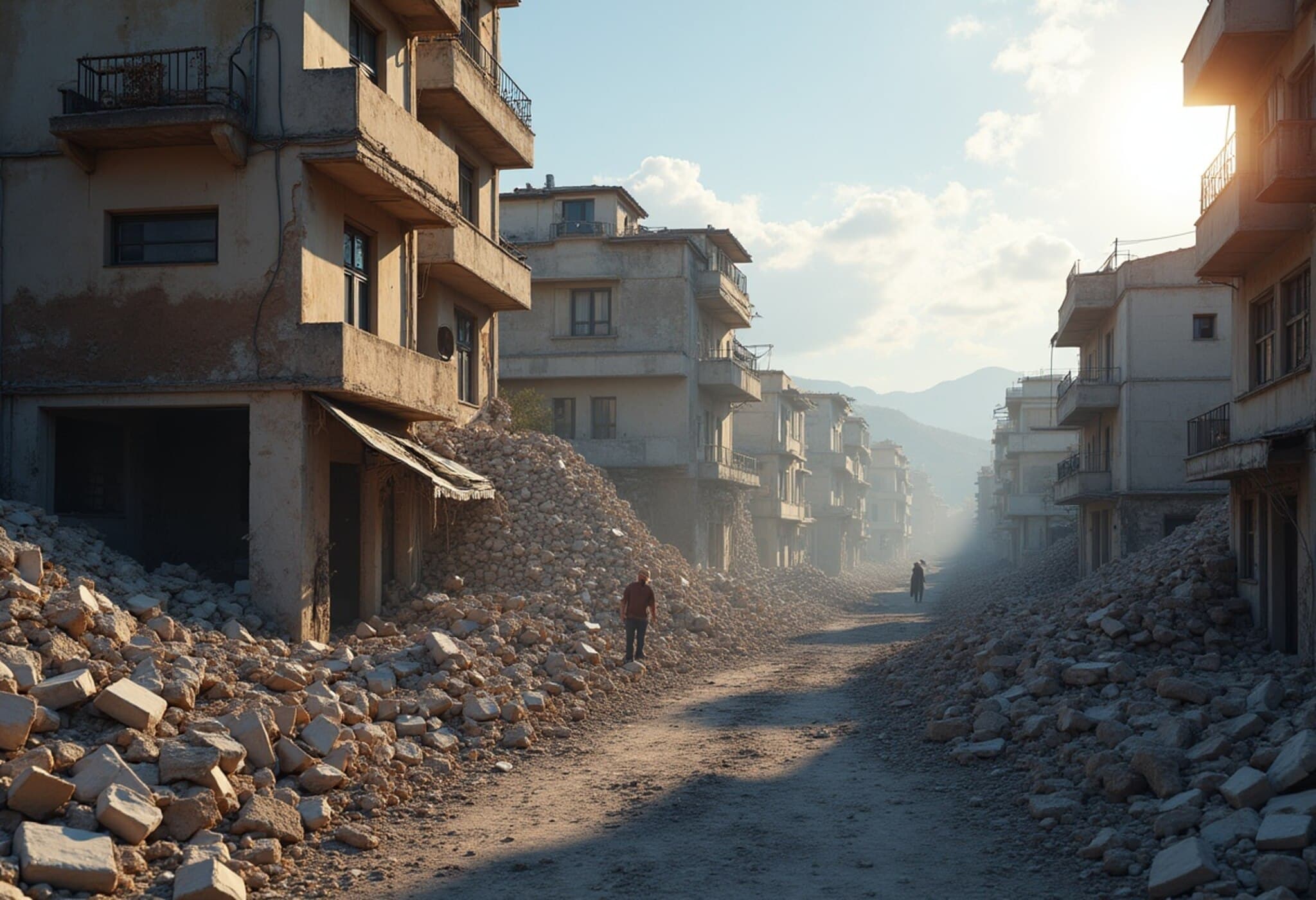Australia to Recognise Palestinian State at Upcoming UN General Assembly
In a significant diplomatic development, Australian Prime Minister Anthony Albanese announced on Monday that his government will formally recognise the State of Palestine during the United Nations General Assembly (UNGA) meeting in September 2025. This marks a pivotal moment in Australia's foreign policy and adds momentum to the global discourse surrounding Palestinian statehood.
Albanese's Statement and Its Implications
Speaking at a press conference, Albanese declared, "At the 80th session of the United Nations General Assembly in September, Australia will recognise the state of Palestine." He emphasized that this decision affirms the Palestinian people’s right to self-determination and statehood.
Albanese’s announcement comes amid escalating humanitarian crises in Gaza and growing international calls for renewed efforts toward peace. Reflecting a commitment to multilateralism, the Prime Minister stressed that Australia’s decision depends on commitments from the Palestinian Authority regarding governance and security, specifically excluding Hamas and insisting on demilitarisation and free elections.
The Push for a Two-State Solution
Albanese reaffirmed Australia's backing for a two-state solution as the most viable pathway to resolving the Israeli-Palestinian conflict. He noted, "A two-state solution is humanity’s best hope to break the cycle of violence and end the suffering in Gaza." The Prime Minister highlighted that acknowledging Palestinian statehood does not diminish Israel's right to security but rather strengthens the prospect of lasting peace.
This stance aligns Australia with a growing cohort of countries—including France, whose President Emmanuel Macron recently announced plans to recognise Palestine—who are increasingly exerting diplomatic pressure to reconcile the contested claims in the region.
Context: A Shift in International and Regional Dynamics
Currently, more than 147 of the United Nations’ 193 member states recognize Palestine as a sovereign state, representing about 75% of the global community and the majority of the world’s population. Australia's move adds a significant Western democratic voice to this list, potentially influencing other countries still undecided.
Domestically, Albanese's government has faced pressure from humanitarian advocates and political voices urging more decisive action to address the escalating crisis in Gaza, particularly condemning Israeli plans for territorial expansion. The Prime Minister’s clear condition that Hamas should play no part in future Palestinian governance aims to reassure critics concerned about security and militant violence.
Expert Commentary: A Calculated Diplomatic Step
From a policy analysis perspective, Australia's timing to announce recognition at the UNGA signals both a symbolic and strategic choice. The international assembly provides a global platform to reaffirm commitment to peace and human rights. Moreover, Australia's move could enhance its influence in Middle Eastern diplomacy, positioning Canberra as a constructive player seeking balance between humanitarian concerns and geopolitical realities.
Yet, this development raises critical questions about the practical impact on the ground. Will recognition translate into tangible progress for Palestinians amid an ongoing conflict marked by profound distrust and geopolitical complexity? How will Israel respond, particularly considering ongoing tensions and security concerns?
Looking Ahead: Questions and Challenges
- Can international recognition galvanize stalled peace negotiations effectively?
- What mechanisms will enforce demilitarisation and free elections in Palestinian territories?
- How might this decision influence Australia's bilateral relations with Israel and broader Middle East alliances?
- What role can Australia play in humanitarian relief and economic support alongside diplomatic recognition?
Editor's Note
Australia’s decision to recognise the State of Palestine during the UN General Assembly marks a critical juncture in international diplomacy. While symbolically powerful, the move must be seen within a broader context of fragile peace efforts, geopolitical complexity, and regional humanitarian crises. Readers are encouraged to consider how such recognition interacts with the realities on the ground, the aspirations of people on both sides, and Australia's evolving role as a mediator in one of the world’s most protracted conflicts.

